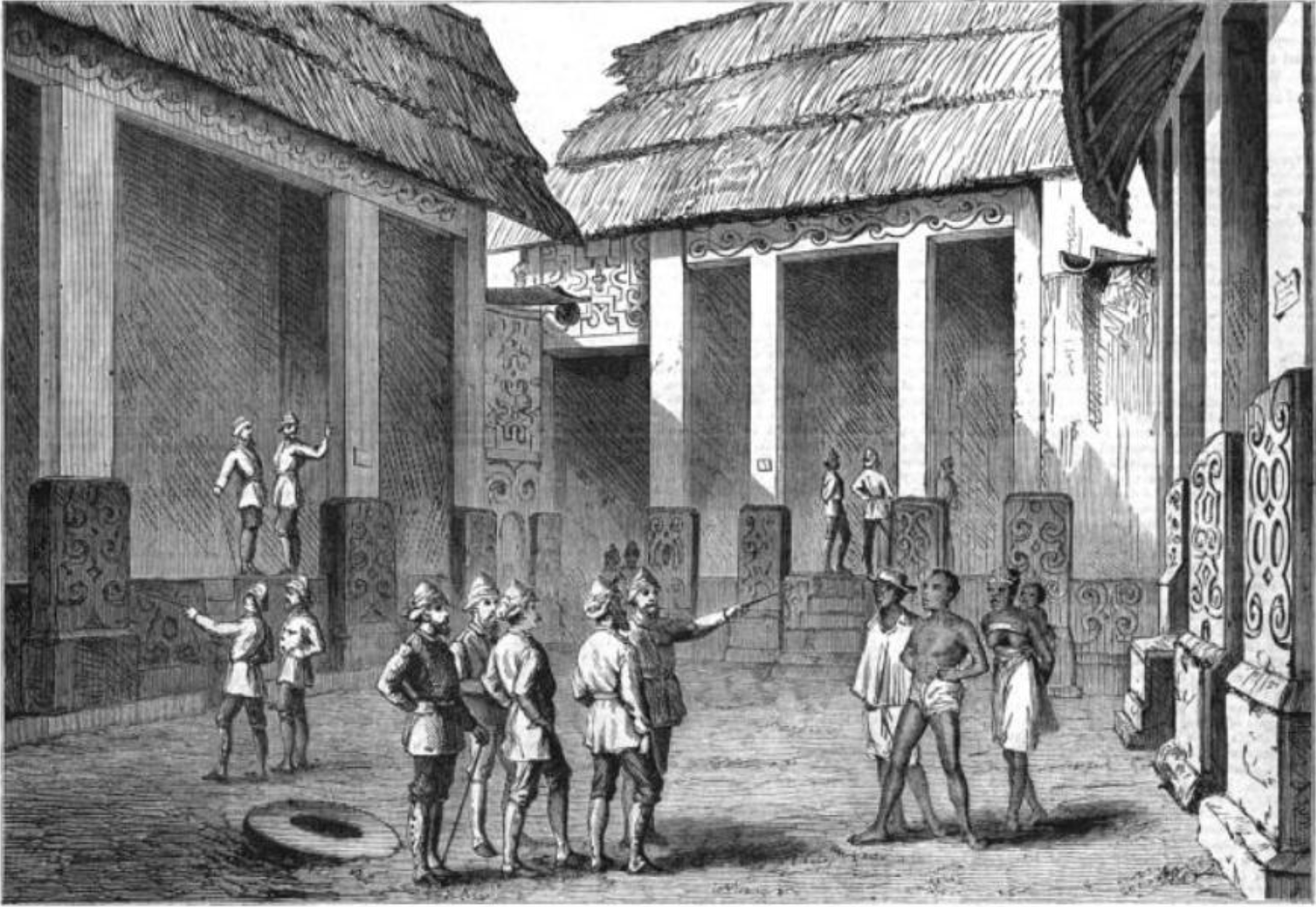|
Adansi
Adanse or Adansi is one of the earliest Akan states, located in the southern part of present-day Ashanti Region, Ghana. Widely regarded in oral tradition as a spiritual and ancestral homeland of many Akan polities, Adansi was an early center of gold production, regional trade, and clan-based governance. Traditionally considered the eldest among the five principal Akan states (''Akan Piesie Anum''), it played a foundational role in the formation of later polities such as Denkyira, Akyem, Assin, and the Asante Empire. Etymology The name Adanse derives from the Akan word ''adanseɛ'', meaning “builders”. According to F. K. Buah, the Adansi earned this name because they were the first Akan people to construct permanent homes and shrines, distinguishing them as cultural pioneers in statecraft and architecture. This interpretation is supported by Asante traditions, which remember the Adansi as “those who build houses,” emphasizing their legacy in establishing the architec ... [...More Info...] [...Related Items...] OR: [Wikipedia] [Google] [Baidu] |
Common Era
Common Era (CE) and Before the Common Era (BCE) are year notations for the Gregorian calendar (and its predecessor, the Julian calendar), the world's most widely used calendar era. Common Era and Before the Common Era are alternatives to the original Anno Domini (AD) and Before Christ (BC) notations used for the same calendar era. The two notation systems are numerically equivalent: " CE" and "AD " each describe the current year; "400 BCE" and "400 BC" are the same year. The expression can be traced back to 1615, when it first appears in a book by Johannes Kepler as the (), and to 1635 in English as " Vulgar Era". The term "Common Era" can be found in English as early as 1708, and became more widely used in the mid-19th century by Jewish religious scholars. Since the late 20th century, BCE and CE have become popular in academic and scientific publications on the grounds that BCE and CE are religiously neutral terms. They have been promoted as more sensitive to non-Christia ... [...More Info...] [...Related Items...] OR: [Wikipedia] [Google] [Baidu] |

